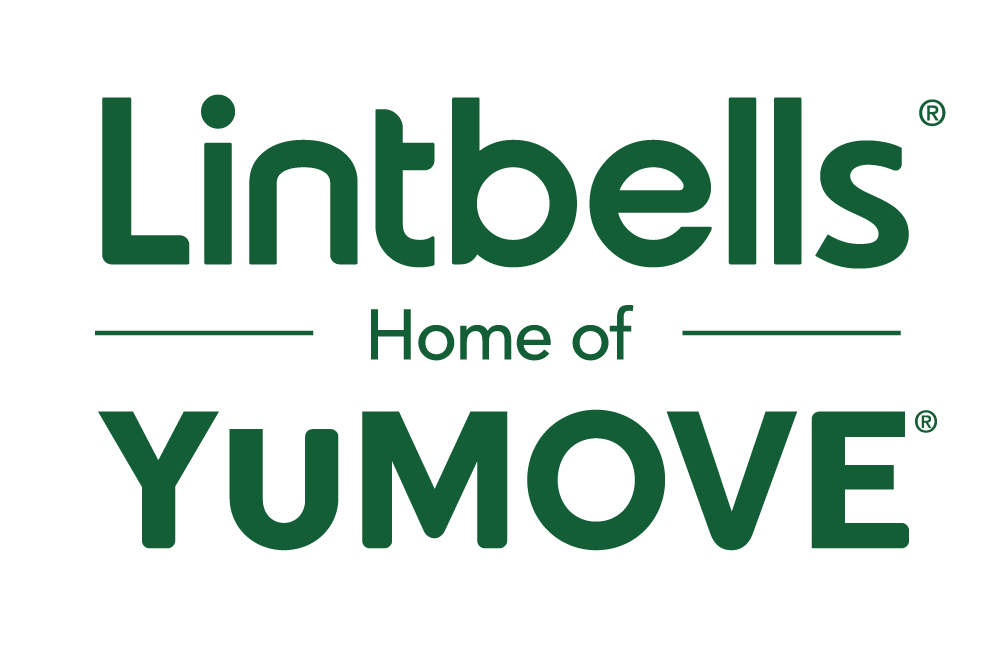

Lintbells Health Limited

Hertfordshire, United Kingdom
December 2023
Other retail sale
Wholesale/Retail
Bulgaria,
Czech Republic,
Finland,
France,
Germany,
Hong Kong S.A.R.,
Hungary,
Ireland,
Italy,
Netherlands The,
New Zealand,
Poland,
Romania,
Singapore,
Spain,
Sweden,
Taiwan,
Thailand,
United Arab Emirates,
United Kingdom,
United States
Lintbells | Home of YuMOVE is a leading pet supplement business with a single mission – to deliver the most life-changing differences to cats and dogs around the world. Putting scientific research (and a whole lot of love) into everything it does, Lintbells has developed a range of high-quality supplements from Joint Care to Calming Care, Dental to Digestion and much more. And how they do it matters. The company is committed to building a better business, producing sustainably made, low-carbon products that benefit pets and people without harming the planet. As a science-led business, Lintbells is passionate about reducing its carbon footprint and aims to be carbon neutral by 2026. Established in 2006, the business has seen rapid growth as part of its international expansion and now exports to more than 20 countries. Lintbells is a two-time winner of the Queen’s Award for Enterprise (2016 and 2018) and a 2023 recipient of the first-ever King’s Award for Enterprise: International Trade.
Overall B Impact Score
Governance 17.3
Governance evaluates a company's overall mission, engagement around its social/environmental impact, ethics, and transparency. This section also evaluates the ability of a company to protect their mission and formally consider stakeholders in decision making through their corporate structure (e.g. benefit corporation) or corporate governing documents.
What is this? A company with an Impact Business Model is intentionally designed to create a specific positive outcome for one of its stakeholders - such as workers, community, environment, or customers.
Workers 30.5
Workers evaluates a company’s contributions to its employees’ financial security, health & safety, wellness, career development, and engagement & satisfaction. In addition, this section recognizes business models designed to benefit workers, such as companies that are at least 40% owned by non-executive employees and those that have workforce development programs to support individuals with barriers to employment.
Community 17.1
Community evaluates a company’s engagement with and impact on the communities in which it operates, hires from, and sources from. Topics include diversity, equity & inclusion, economic impact, civic engagement, charitable giving, and supply chain management. In addition, this section recognizes business models that are designed to address specific community-oriented problems, such as poverty alleviation through fair trade sourcing or distribution via microenterprises, producer cooperative models, locally focused economic development, and formal charitable giving commitments.
Environment 17.4
Environment evaluates a company’s overall environmental management practices as well as its impact on the air, climate, water, land, and biodiversity. This includes the direct impact of a company’s operations and, when applicable its supply chain and distribution channels. This section also recognizes companies with environmentally innovative production processes and those that sell products or services that have a positive environmental impact. Some examples might include products and services that create renewable energy, reduce consumption or waste, conserve land or wildlife, provide less toxic alternatives to the market, or educate people about environmental problems.
Customers 3.1
Customers evaluates a company’s stewardship of its customers through the quality of its products and services, ethical marketing, data privacy and security, and feedback channels. In addition, this section recognizes products or services that are designed to address a particular social problem for or through its customers, such as health or educational products, arts & media products, serving underserved customers/clients, and services that improve the social impact of other businesses or organizations.